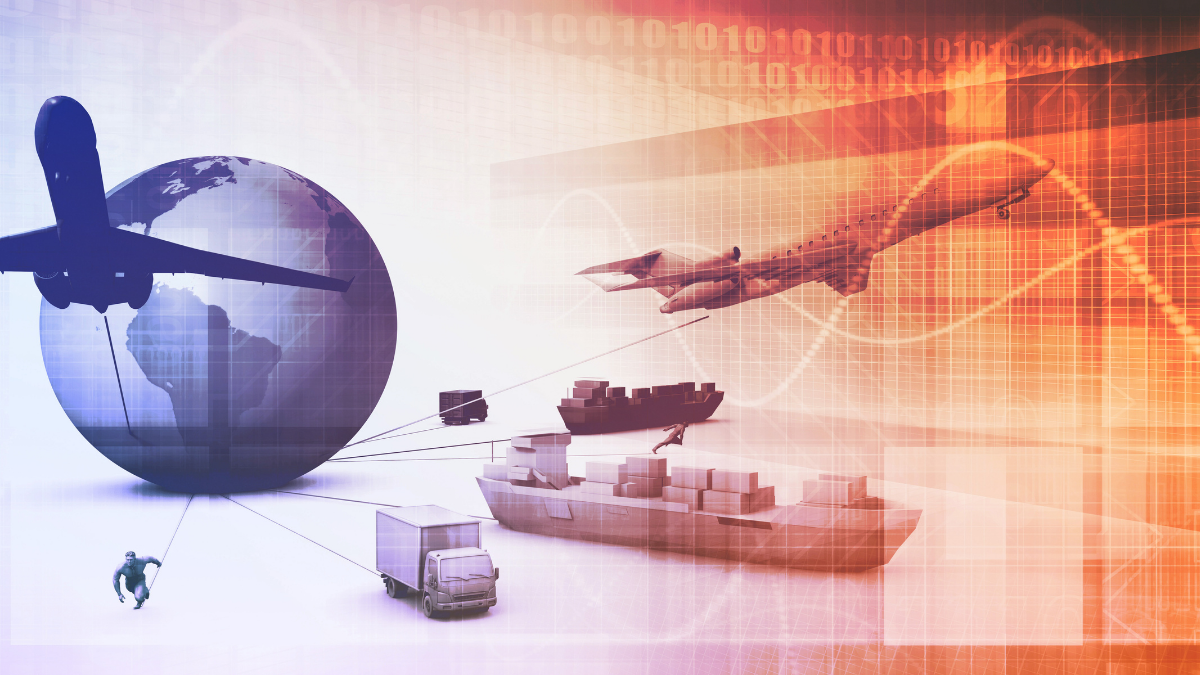 Outsourcing the manufacturing of your products overseas can be a cost-effective way to grow your business but the logistics of getting those products delivered to your UK premises can be confusing.
Outsourcing the manufacturing of your products overseas can be a cost-effective way to grow your business but the logistics of getting those products delivered to your UK premises can be confusing.
There are many different ways to get your products to the UK. If you are shipping more than a few boxes, ocean freight is the most cost-effective way to move goods to the UK. Air freight is the fastest way to move goods overseas but is only economical if you are moving fewer and lighter boxes. There is also the option of using both air and ocean freight, sending the goods by boat to Dubai and then airfreighting them to the UK. Having your product delivered via train directly to the UK is another option which in reality is normally a train to Germany and then by road to the UK.
These are all methods of getting your goods to the UK. The best option is determined by the kind of products you are manufacturing overseas and the time frame in which you need the products delivered to the UK. Airfreighting heavy BBQs will not be very cost effective and shipping a small box of USB sticks just doesn’t make sense. Getting a balance of cost and time effective logistics might mean a combination of different solutions i.e. sending a small amount by air and the bulk of the order of products by boat. A general rule of thumb is that direct air freight takes around 10 days whereas an ocean freight takes around 40 days.
Considering HOW you are going to have your products delivered to the UK is only half of the logistical operation. You need to know the incoterms under which you are buying the goods, for example, EXW, FOB, CIF or FOB CC.

EXW
EXW is ex-works. This means the factory will make the goods but you are responsible for collection from the factory. There are agencies who can help with the export of the goods but it adds another layer of administration and cost to the transport. If you are consolidating goods from several suppliers then this is likely your purchasing option. It might mean you have to pay for the goods in RMB, which can be a problem.
FOB
FOB is simpler. FOB means freight on board and the factory are responsible for delivering the goods to the port and completing the export customs clearance. You are likely to be paying in US$ which makes payment easier. There are many freight forwarding companies who can provide “FOB to Door” delivery.
CIF
CIF (cost/insurance and freight) is another option. This means when you buy the goods they incorporate export, insurance and freight but does leave you in a position where you need to clear the UK customs and arrange collection from the port. If you have used sites like Alibaba then you may have come across this option but be careful. Sometimes the CIF cost seems unbelievably good. We have heard stories of companies buying goods CIF and getting a great cost only to discover when the goods arrive in the UK there is a significant “handling fee” payable before you can release the goods.
FOB CC
The final option is FOB CC, this is essentially FOB but with customs cleared in the UK. This puts a lot of risk on the shipper as the currency rates might change or you have the wrong tariff code for import. There are only a few companies who request this as a trading term.
One last piece of advice; do NOT forget about insurance. Ownership of the goods will transfer at different points depending on the terms of purchase. You need to make sure you have the necessary insurance to cover accidents. They do happen!
All in all, logistics is a complex operation and there are many hurdles which can trip up the unwary or inexperienced. If you would like any advice or guidance from our experience and expertise, get in touch. We will happily point you and your goods in the right direction.



